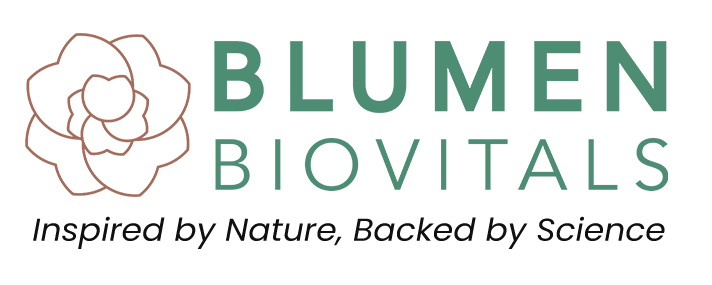Menopause is a natural biological process that occurs when a woman’s reproductive years come to an end. It commonly affects women in their late 40s to early 50s, though the age at which menopause begins varies greatly between people. Menopause is defined by the cessation of monthly periods and a considerable decrease in the ovaries’ production of hormones such as estrogen and progesterone. The transitional period preceding menopause is known as perimenopause. It can begin several years before menopause and is characterized by irregular menstrual periods and a variety of menopause symptoms such as hot flashes, nocturnal sweats, mood swings, and libido changes. Hot flashes, vaginal dryness, sleep difficulties, mood fluctuations, weight gain, and changes in skin and hair are some of the menopause symptoms that women may encounter during and after menopause. The decline in estrogen levels that occurs during menopause can result in bone density loss, increasing the risk of osteoporosis. It can also have an impact on heart health and increase the risk of cardiovascular disease. It’s important to note that not all women will experience all of these menopause signs and symptoms, and the severity of signs and symptoms can vary widely.
Phytopharmaceutical companies and top nutraceutical companies in India, including nutraceutical manufacturers in Mumbai, play a role in helping women manage menopause by developing and providing products derived from plant-based compounds and nutritional supplements like phytoestrogens (e.g., isoflavones from soy) that can mimic the effects of estrogen in the body, calcium and vitamin D supplements to support bone health, nutraceutical products containing heart-healthy ingredients like omega-3 fatty acids or antioxidants, supplements, such as those containing omega-3s or herbal extracts like St. John’s Wort, to help support mood and cognitive function, vaginal lubricants or creams to address vaginal dryness, nutraceuticals including adaptogens or herbs like ashwagandha and rhodiola, which may help manage stress. While these nutraceutical products may be beneficial to certain women, they are not a one-size-fits-all answer. Individual responses to phytopharmaceuticals and nutraceutical products vary, and their success may be influenced by factors such as a woman’s overall health, heredity, and the precise formulation of the product. Women should contact with a healthcare physician before beginning any phytopharmaceutical or any best nutraceutical products regimen for menopausal management.
Many women seek natural remedies for menopause to alleviate symptoms and support their overall well-being, like phytoestrogen-rich foods like soy, flaxseeds, and legumes; calcium, vitamin E, and vitamin D found in dairy products, leafy greens, and fortified foods; herbs like black cohosh, red clover, dong quai, and chasteberry (vitex); evening primrose oil, which is a source of gamma-linolenic acid (GLA); isoflavones found in soy products, like soy milk and tofu; ground flaxseeds rich in lignans; physical activity; stress management through practices like yoga, meditation, and deep breathing exercises; acupuncture sessions; staying hydrated; adequate sleep; and mindful eating. It’s important to remember that individual responses to natural remedies can vary, and not all of these options will work for everyone. Additionally, it’s essential to consult with a healthcare provider before starting any new natural remedies, especially if one has underlying health conditions or is taking medications, as some natural remedies may intermingle with medicines or have contraindications.
While probiotics for women are generally recognized for their positive effects on gut health, they may also have potential benefits for women going through menopause. Probiotics for women containing Lactobacillus acidophilus, Lactobacillus rhamnosus, and Bifidobacterium lactis are some examples that can help maintain a healthy balance of gut bacteria, which may alleviate digestive issues during menopause. Probiotics for women may have a positive impact on mood and emotional well-being, which can be especially relevant during the emotional ups and downs that can accompany menopause. While probiotics for women are generally considered safe, some people may experience gastrointestinal discomfort when starting a new probiotic. If one experiences any adverse effects, consult a healthcare provider.
Women enter the postmenopausal stage once they have officially entered menopause, which commonly occurs after 12 consecutive months without a menstrual period. Even though many menopausal symptoms may go away, it’s important to keep track of one’s health and manage any dangers that may still exist. It’s critical for women to remain knowledgeable about menopause signs and symptoms, and any potential health effects. Lifestyle adjustments, natural remedies, nutraceutical products, and probiotics for women are utilized in addition to prescription drugs and treatments like hormone replacement therapy (HRT), selective estrogen receptor modulators (SERMs), antidepressants, gabapentin, pregabalin, ospemifene (osphena), clonidine, vaginal estrogen, and many others to regulate menopause. It is crucial to speak with a healthcare professional in order to comprehend unique requirements and manage this normal stage of life successfully. Every woman’s experience with menopause is different, and it can be a chance for development and healthy lifestyle choices.







